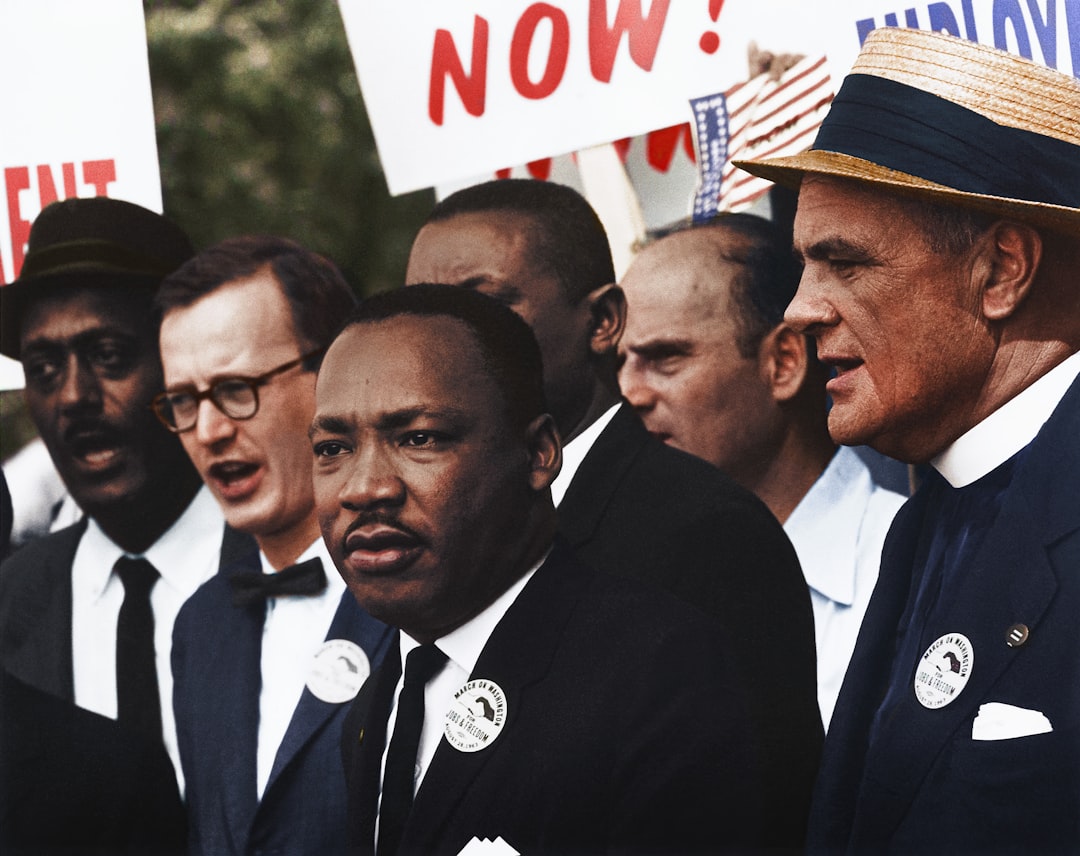MLK: A Model of a Christlike Heart
We live in a moment in which our country seems to be exploding. We need King’s example of Jesus’ teaching more than ever.

On January 30, 1956, an unidentified person(s) drove up to the Montgomery, Alabama home of Martin Luther King, Jr., and threw a bomb on his front porch. King was speaking to a packed church at that moment. King’s wife, Coretta, and their seven-month-old daughter, Yolanda, were inside. Thankfully, though the home was damaged, his family was not harmed.
Civil rights tensions were already thick in the air when the bomb went off, and the explosion flung wide shrapnel of further anger and fear. The explosion was a flashpoint that would test anyone’s heart. Specifically, it tested King’s passionate commitment to non-violence.
News of the bombing spread quickly, and an angry crowd soon gathered outside King’s home. A matter of minutes after his home had been bombed, standing feet away from the site of the explosion, King preached non-violence. “I want you to love our enemies,” he told his supporters. “Be good to them, love them, and let them know you love them.”
Jesus said: “Out of the abundance of the heart, the mouth speaks” (Luke 6:45). What kind of heart are we to imagine King had? After such an attack, from what quality of being came instantaneous words of love and goodness?
We live in a moment in which our country seems to be exploding. We need King’s example of Jesus’ teaching more than ever. It is so easy for me to feel self-righteous anger. Loving, forgiving and working for the good of people I would rather simply condemn is much harder.
This doesn’t mean we don’t name things as they are. It means that we want our reactions to people to be Christlike. I give thanks for the model of MLK’s Christlike heart, from which flowed remarkable generosity.
We need it today. May understanding, forgiveness, love and peace flow. May it begin with me. May it spread to every broken relationship and among political rivals. Perhaps forgiving each other will be the first step to hearing each other, to then finding common ground, working toward King’s vision of beloved community constituted by agape love and thus marked by non-violent means for resolving conflict.
In honor of Martin Luther King, Jr., today let’s each choose one person to forgive and then seek their good.
To learn more about King’s legacy, read his niece Alveda King’s reflections on his life.


